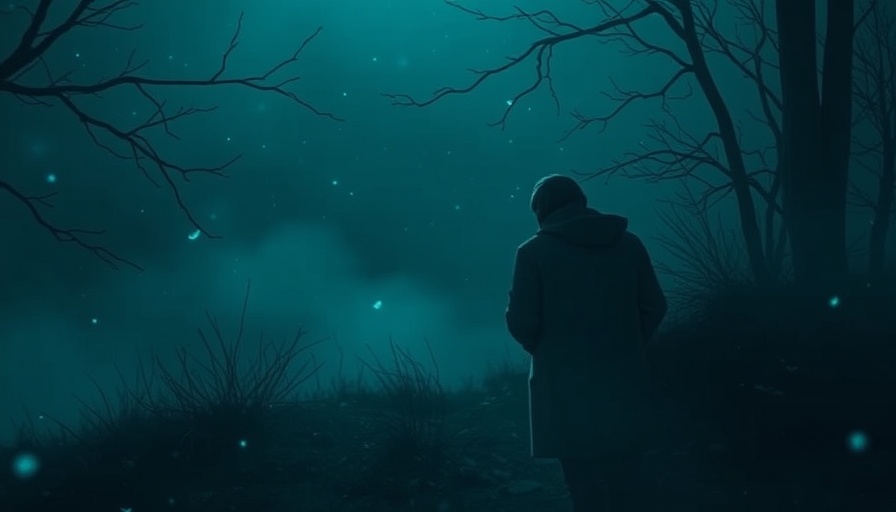
AI and the Art of Metafiction: A New Frontier in Literary Exploration
OpenAI recently unveiled a metafictional short story that has sparked significant conversation within the literary community. Authored with the guidance of prompts focused on grief, the narrative challenges the established boundaries between human creativity and machine-generated art, offering a unique blend of technology and emotion. Jeanette Winterson, a prominent voice in this discourse, argues passionately for viewing artificial intelligence as 'alternative intelligence', providing a new lens through which we might understand machine creativity.
Understanding 'Alternative Intelligence'
Winterson proposes the term 'alternative intelligence' to emphasize the potential of AI to exist as a distinct form of intelligence rather than simply as a tool for replicating human thought processes. This concept is especially relevant in light of concerns about copyright and the implications of AI on creative professionals. The sentiment echoes a wider discussion within emergent technologies that highlights the necessity for ethical frameworks that ensure artists receive fair compensation for their work, which provides necessary fuel for these advanced models.
The Role of Grief in AI Creativity: A Bridge of Empathy
At the heart of this new short story is a comprehensive exploration of grief—a universally shared human experience. The AI-generated narrative draws on the emotional landscape of mourning, creating a multifaceted portrayal that highlights how grief reshapes human understanding. As articulated in the story, the absence of memory in machine design poses a stark contrast against human emotional depth, underscoring our reliance on the past to navigate present sorrows.
Metafiction's Impact on Reader Engagement
Metafiction—the self-aware storytelling format—offers a unique dimension to the narrative. By engaging openly with the concept of its own creation, this AI-generated work invites readers to rethink their own relationships with the act of storytelling. It traverses boundaries not only by acknowledging the story's construction but by fostering a deeper connection with the reader, much akin to AI-enhanced journaling practices discussed by Renato in Medium, which emphasize self-reflection and emotional processing through engaging narratives.
Rethinking the Future of Creativity
As the line between human and machine creativity continues to blur, we should critically evaluate what this means for the future of literature and artistic expression. With AI systems rapidly advancing, the literary landscape faces a fork in the road: one that demands a balance between innovation and the preservation of human emotionality. Creative expressions—the cornerstone of our culture—might benefit by incorporating alternative perspectives that AI introduces, prompting questions on authenticity and emotional depth in storytelling.
Embracing AI in Creative Journeys
The conversation surrounding AI and creativity isn't solely about replacements or threats. It's about collaboration. Many writers are now harnessing AI tools to spark inspiration and generate unique narratives that would have been unimaginable in a wholly human-driven creative process. By recognizing AI's capacity to provide fresh insights into topics like grief, authors can engage with their audiences more profoundly and create resonance that transcends the mechanical.
Final Thoughts: A Call for Ethical Reflection
Winterson’s narrative serves not only as a testament to the power of AI in crafting poignant stories but also as a gentle reminder of the ethical discussions that must accompany technological advancement. As we venture deeper into this new digital era, transparency regarding how AI is developed and utilized must remain a focal point. As tech firms continue to innovate, they must advocate for fair compensation for creative individuals to ensure that art remains a shared human endeavor.
Engaging with AI's creative potential might just lead us found back to ourselves, discovering new layers of compassion and understanding through exploring shared narratives. The mechanization of creativity has the potential to open up entirely new dimensions of artistic expression, but not without careful consideration and respect for those who create.
 Add Row
Add Row  Add
Add 




 Add Row
Add Row  Add
Add 

Write A Comment